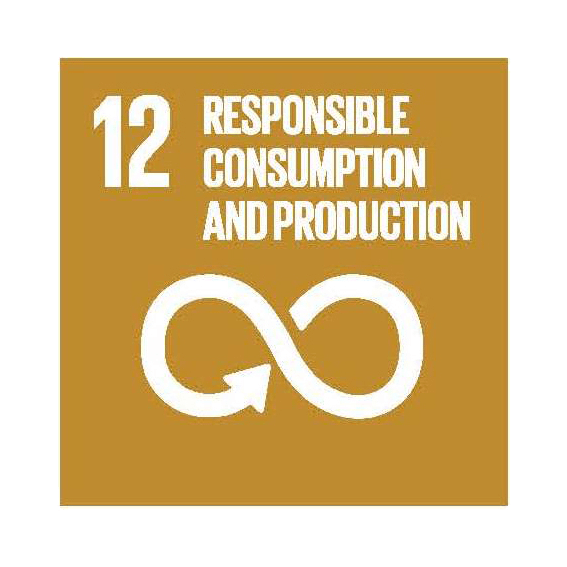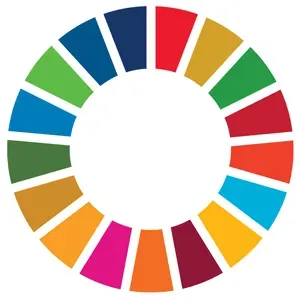Sustainable Development Goal
12 Responsibility Consumption and Production
Responsibility Consumption and Production
12.4 By 2020, achieve the environmentally sound management of chemicals and all wastes throughout their life cycle, in accordance with agreed international frameworks, and significantly reduce their release to air, water and soil in order to minimize their adverse impacts on human health and the environment.
Environmental Security and Sustainability
Our practical projects responsibly and safely dispose of hazardous materials and toxins, thereby significantly reducing their exposure to water, air and soil and minimizing their impact on human health and the environment. Moreover, GCI supports international treaties, such as the Organisation for the Prohibition of Chemical Weapons, advocating for the elimination of those weapons with the greatest potential to harm people and the environment.
12.8 By 2030, ensure that people everywhere have the relevant information and awareness for sustainable development and lifestyles in harmony with nature.
Value Change
GCI promotes an awareness of sustainable development and the natural world through numerous educational initiatives aimed at both adults and children.
SDG 3: GOOD HEALTH AND WELLBEING
SDG 6: CLEAN WATER AND SANITATION
SDG 7: AFFORDABLE AND CLEAN ENERGY
SDG 8: DESCENT WORK AND ECONOMIC GROWTH
SDG 9: INDUSTRY, INNOVATION AND INFRASTRUCTURE
SDG 11: SUSTAINABLE CITIES AND COMMUNITIES
SDG 12: RESPONSIBLE CONSUMPTION AND PRODUCTION
SDG 16: PEACE, JUSTICE AND STRONG INSTITUTIONS
SDG 17: PARTNERSHIPS FOR THE GOALS
How can you help reach the Sustainability Development Goals?
Here is UN's definition of the SDG's
12 Responsibility Consumption and Production
12.1 Implement the 10-year framework of programmes on sustainable consumption and production, all countries taking action, with developed countries taking the lead, taking into account the development and capabilities of developing countries
12.2 By 2030, achieve the sustainable management and efficient use of natural resources
12.3 By 2030, halve per capita global food waste at the retail and consumer levels and reduce food losses along production and supply chains, including post-harvest losses
12.4 By 2020, achieve the environmentally sound management of chemicals and all wastes throughout their life cycle, in accordance with agreed international frameworks, and significantly reduce their release to air, water and soil in order to minimize their adverse impacts on human health and the environment
12.5 By 2030, substantially reduce waste generation through prevention, reduction, recycling and reuse
12.6 Encourage companies, especially large and transnational companies, to adopt sustainable practices and to integrate sustainability information into their reporting cycle
12.7 Promote public procurement practices that are sustainable, in accordance with national policies and priorities
12.8 By 2030, ensure that people everywhere have the relevant information and awareness for sustainable development and lifestyles in harmony with nature
12.A Support developing countries to strengthen their scientific and technological capacity to move towards more sustainable patterns of consumption and production
12.B Develop and implement tools to monitor sustainable development impacts for sustainable tourism that creates jobs and promotes local culture and products
12.C Rationalize inefficient fossil-fuel subsidies that encourage wasteful consumption by removing market distortions, in accordance with national circumstances, including by restructuring taxation and phasing out those harmful subsidies, where they exist, to reflect their environmental impacts, taking fully into account the specific needs and conditions of developing countries and minimizing the possible adverse impacts on their development in a manner that protects the poor and the affected communities


